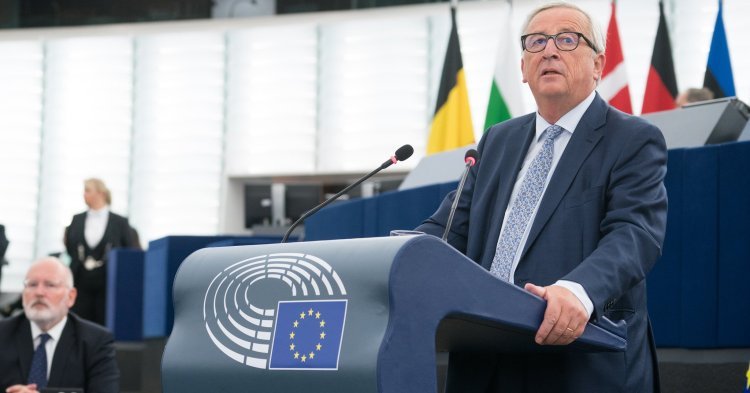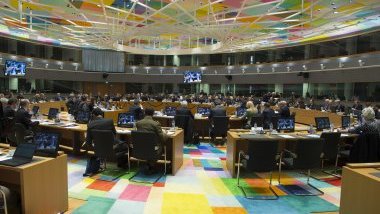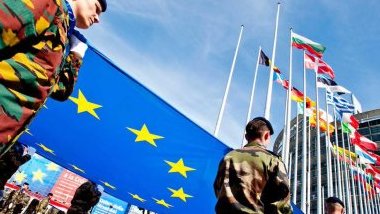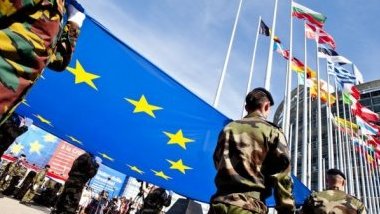After decades of immobility, subdued advances, real climbdowns and other sidesteps, European defence issues are finally advancing. And one has to acknowledge the progress made in such a short time (of one mandate): when Jean-Claude Juncker took office at the European Commission in 2014, evoking the Permanent Structured Cooperation (PESCO) would have been imprudent. Yet, it was launched with great pomp in December 2017 by 25 (!) member states.
It would also have been imprudent to only evoke the possibility for the European budget to finance its research or defence development activities. Yet, five years later, a dedicated fund is about to be created, with a substantial budget of 13 billion euros for the next annual programming (and this amount is the only one on which the Commission engaged its political responsibility). The world has changed, and so has the European paradigm regarding defence… and quickly.
However, these advances must hide neither the long road ahead of us nor the questions, yet crucial, that are still to be solved. In the first place, the question of the system’s overall coherence will be the most urgent, and the first test will be decisive for this Security and Defence Union, still in gestation. The tools were created, but the way they will work together still remains uncertain. Yet, it is essential that they work in synergy and reinforce each other. Beyond the central role that the Commission will have to play, it has neither the capacity nor the legitimacy to set the overall vision.
Giving a common perspective
Because, as is often the case, tools were created at the European level, but the direction is still to be defined. And this direction can only be the one of a European defence: what is PESCO’s purpose if it is only a framework for interstate cooperation, whatever it may be (just like NATO, OCCAR [1], etc.)? What is the European added value if these instruments do not enable the emergence of common goods, going beyond the sole geographic scope of the concerned cooperation?
Today, it is certain that we must leave the constructive ambiguity which has been prevailing for numerous years. European strategic autonomy, despite being a major element of the EU Global Strategy “welcomed” by the European Council in 2016, is not defined and has trouble producing full effect. With no direction, there can be no salvation, in particular in the field of defence. This is the main advantage of a project of a European army, supported in particular by France, Germany and Spain: giving a common perspective, and mapping the way forward to ensure overall coherence.
Because, from now on, this is the issue: moving from a logic responding to purely national needs, at best aggregated, to the one of a common political project answering common needs. In other words, achieving unity in diversity.
This article was originally published in French on 17 April 2019 in La Revue, the quarterly journal of the think thank Confrontations Europe.






Follow the comments: |
|
